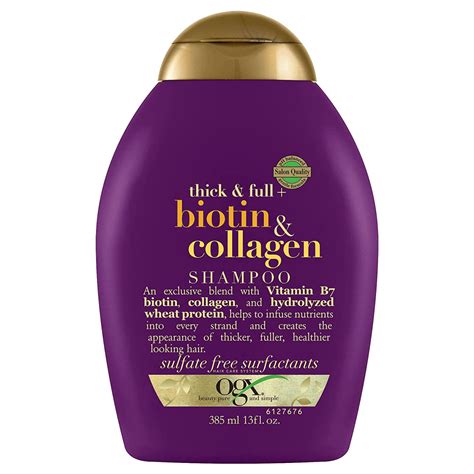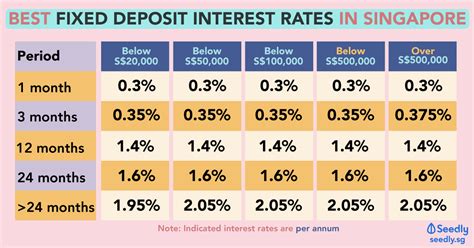Sugar, a prevalent ingredient in our daily diets, can have significant implications for our health and well-being. However, not all sugars are created equal. Natural sugars, found in fruits, vegetables, and dairy products, differ markedly from the added sugars found in processed foods and beverages. This article delves into the essential topic of natural sugar consumption, exploring the recommended daily intake, health implications, and strategies for achieving a balanced diet.

How Much Natural Sugar Per Day?
The American Heart Association (AHA) recommends limiting added sugar intake to no more than 6 teaspoons (25 grams) for women and 9 teaspoons (36 grams) for men daily. This recommendation excludes natural sugars found in whole, unprocessed foods like fruits, vegetables, and dairy products.
Natural Sugars vs. Added Sugars
Natural Sugars:
- Found in whole, unprocessed foods like fruits, vegetables, and dairy products
- Often accompanied by fiber, vitamins, and minerals
- Have a lower glycemic index, meaning they release glucose more slowly into the bloodstream
- Provide energy and other essential nutrients
Added Sugars:
- Found in processed foods and beverages like candy, soda, and baked goods
- Provide empty calories and lack nutritional value
- Have a high glycemic index, causing rapid spikes in blood sugar levels
- Linked to obesity, heart disease, and type 2 diabetes
Health Implications of Natural Sugar
Benefits:
- Provides energy
- Supports metabolism
- Contributes to brain and muscle function
- Contains essential vitamins and minerals (in whole, unprocessed foods)
Potential Risks (when excessive):
- Weight gain
- Tooth decay
- Increased risk of chronic diseases like type 2 diabetes and heart disease
Achieving a Balanced Diet
To maintain a healthy diet, it is crucial to prioritize whole, unprocessed foods over processed foods and beverages. Some tips for reducing added sugar intake include:
- Read food labels carefully and opt for products with minimal added sugar
- Limit sugary drinks like soda, juice, and sports drinks
- Choose fruits and vegetables over sugary desserts and snacks
- Be mindful of hidden sources of added sugar, such as salad dressings and sauces
Tables
| Food | Natural Sugar Content (grams) |
|---|---|
| Apple (1 medium) | 20 |
| Banana (1 medium) | 14 |
| Orange (1 medium) | 12 |
| Carrot (1 cup, sliced) | 5 |
| Yogurt (1 cup, plain) | 12 |
| Added Sugar Content | Health Impact |
|---|---|
| 0-6 teaspoons (0-25 grams) per day | Minimal health risks |
| 6-12 teaspoons (25-50 grams) per day | Moderate health risks |
| >12 teaspoons (>50 grams) per day | Significant health risks |
| Pros of Natural Sugar | Cons of Natural Sugar |
|---|---|
| Provides energy | Can contribute to weight gain when excessive |
| Supports metabolism | Potential for tooth decay |
| Contains essential nutrients (in whole, unprocessed foods) | Linked to chronic diseases (when excessive) |
FAQs
1. What is the healthiest natural sugar source?
Whole, unprocessed fruits and vegetables.
2. How much natural sugar is too much?
The AHA recommends limiting added sugar intake to less than 6 teaspoons (25 grams) per day for women and 9 teaspoons (36 grams) per day for men.
3. Can I eat natural sugar on a diet?
Yes, in moderation. Natural sugars found in whole, unprocessed foods can be part of a healthy diet.
4. How can I identify hidden sources of added sugar?
Read food labels carefully and look for words like “sugar,” “high-fructose corn syrup,” and “dextrose.”
5. What are the consequences of excessive natural sugar consumption?
Weight gain, tooth decay, and increased risk of chronic diseases.
6. How can I reduce my added sugar intake?
Read food labels, limit sugary drinks, choose fruits and vegetables over sugary desserts and snacks, and be mindful of hidden sources of added sugar.
Market Insights
The global natural sugar market is projected to grow significantly in the coming years, driven by increasing consumer demand for healthier and more natural food options. This growth is expected to be primarily driven by the Asia-Pacific region.
Conclusion
Understanding the difference between natural sugars and added sugars is essential for maintaining a balanced diet. While natural sugars found in whole, unprocessed foods can be part of a healthy diet, excessive consumption of added sugars can have detrimental health effects. By prioritizing whole, unprocessed foods and limiting added sugar intake, we can promote optimal health and well-being.














